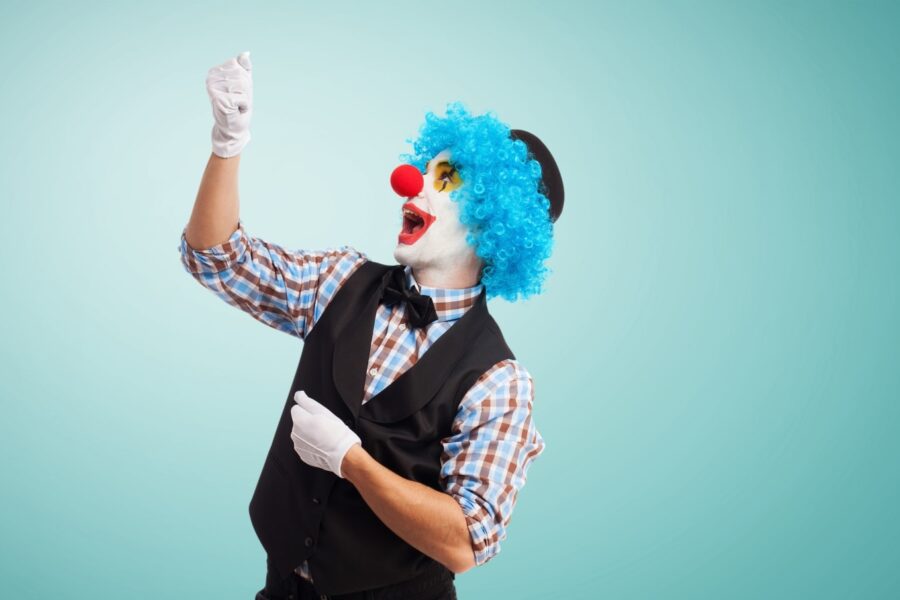Introduction
Koi fish are a popular breed of ornamental fish that require proper nutrition to stay healthy and vibrant. In this article, we will explore the natural diet of koi fish, commercial food options, supplemental foods, and feeding guidelines.
Natural Diet of Koi Fish
In their natural habitat, koi fish are omnivorous and eat a variety of foods. They consume insects, crustaceans, and plant matter. Koi fish are known to eat algae, aquatic plants, and even some small fish as well. Koi fish are also opportunistic feeders, which means they will eat almost anything they come across.
Protein Content in Natural Diet
The protein content in the natural diet of koi fish is important for their growth and development. Insects and crustaceans are high in protein, which is essential for building muscle mass and maintaining overall health. Additionally, consuming small fish helps koi fish meet their protein requirement.
Plant-Based Foods in Natural Diet
While koi fish are primarily carnivorous, they do eat plant-based foods in their natural diet. Algae and aquatic plants are a significant source of nutrition for koi fish in the wild. Plant-based foods provide koi fish with vitamins, minerals, and fiber that aid in digestion.
Commercial Koi Food
Commercial koi food is an easy and convenient way to provide koi fish with a balanced diet. Koi food comes in various forms such as pellets, flakes, and freeze-dried foods. These types of food are formulated to meet the nutritional requirements of koi fish at different stages of their life cycle.
Pellets
Pellets are the most popular type of commercial koi food. Pellets come in different sizes and can be formulated for different life stages of koi fish. For example, there are pellets for juvenile koi, adult koi, and breeding koi. Pellets are easy to feed and provide a complete diet for the fish.
Flakes
Flakes are another type of commercial koi food that comes in different varieties. Some flakes are designed for everyday feeding, while others are formulated for specific purposes such as enhancing color or promoting growth. Flakes are easy to feed and provide a complete diet for the fish.
Freeze-Dried Foods
Freeze-dried foods are a popular choice for koi fish owners who want to provide their fish with a variety of food options. These foods are typically made from insects or crustaceans and can be rehydrated before feeding to the fish. Freeze-dried foods are an excellent source of protein and can provide additional nutrition to the fish.
Supplemental Foods
Supplemental foods can help enhance the color and growth of koi fish, as well as provide essential nutrients and vitamins. Some of the most common types of supplemental foods include fruits and vegetables, live foods, and homemade diets.
Fruits and Vegetables
Fruits and vegetables can be fed to koi fish as a supplement to their diet. Some good options include lettuce, spinach, peas, and watermelon. These foods should be chopped into small pieces before feeding to the fish. Fruits and vegetables provide essential nutrients such as vitamins and minerals that help maintain optimal health and immunity in koi fish.
Live Foods
Live foods such as worms and insects can also be fed to koi fish as a supplement to their diet. However, it is important to make sure that these foods are free from parasites and other harmful organisms. Live foods are an excellent source of protein and provide a natural diet for koi fish.
Homemade Diets
Koi fish owners can also prepare homemade diets for their fish. Homemade diets can be tailored to meet the specific nutritional requirements of the fish, but they require careful planning and preparation. Homemade diets can include ingredients such as fish fillets, vegetables, and grains.
Feeding Guidelines
Feeding koi fish requires following some basic guidelines to ensure that the fish are getting the right nutrition. Overfeeding koi fish can lead to health problems and poor water quality. Koi fish should be fed only what they can eat in a few minutes. Varying the diet of the fish by feeding different types of food helps ensure that the fish are getting all of the nutrients they need.
Frequency of Feeding
Adult koi fish should be fed once or twice a day, while juvenile koi fish should be fed three to four times a day. During colder months, when the water temperature drops, koi fish should be fed less frequently.
Amount of Food
The amount of food that koi fish require depends on their size, age, and activity level. As a general rule, koi fish should be fed an amount that they can consume within five minutes.
Monitoring Health
It is important to monitor the health of koi fish for any signs of health problems, such as weight loss or lethargy. If any problems are detected, it is essential to adjust their diet accordingly.
Tips for Feeding
Some tips for feeding koi fish include feeding them at the same time each day and not overfeeding them. It is also important to remove any uneaten food from the water to prevent it from rotting and reducing water quality.
Conclusion
In conclusion, koi fish require a balanced diet that includes both animal and plant-based foods. Commercial koi food is an easy and convenient way to provide this nutrition, but supplemental foods can also be fed to enhance the color and growth of the fish. Feeding guidelines should be followed to ensure that koi fish are healthy and thriving.
Do koi fish eat everyday?
The suggested feeding routine for Koi fish is to provide food once per day. This amount of food is adequate for maintaining the health of both the fish and the pond. Overfeeding may lead to an excess of nutrients in the pond, which can result in algae problems.
What fruit can koi fish eat?
Koi fish have a fondness for watermelon, lemons, strawberries, cantaloupe, honeydew melon, and grapefruits, but it is important to remove any seeds before feeding them.
Can koi eat cheerios?
Believe it or not, Cheerios make great snacks for koi fish because they are low in residue and nitrogen. Honey nut Cheerios are often the preferred choice for these simple snacks.
Does koi fish eat other koi fish?
When a pond is overcrowded or there is a shortage of food, koi fish may resort to cannibalism to survive and to decrease the competition among siblings. This behavior has been observed in various cases.
Can koi eat carrots?
Koi fish are capable of consuming carrots and this vegetable is considered a beneficial food for them.
How long can koi fish live without food?
Koi fish can go without food for about two weeks, but this depends on different factors affecting their survival. The two-week estimate is based on their metabolism during summer when they usually eat regularly.




